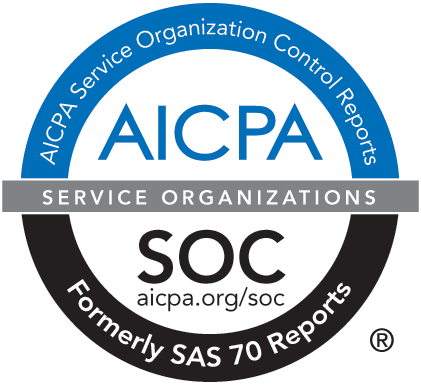
How Safe are Your Passwords?
Share:
Nowadays, being “on the grid” refers to much more than our culture’s reliance on public utilities and municipalities. With the dawn of the digital age, all of your personal and private information is interconnected through an intricate web of virtual databases. Phone numbers, addresses, photos, affiliations, memberships and accounts are all accessible with a few clicks … spooky stuff.
This issue is at the forefront, now more than ever, with the increased threat of secure data breaches. It's a shame, but it seems so commonplace that we barely bat an eye when we hear about widespread identity theft due to a large corporate data leak. While most of us will never think twice about endpoint security or data encryption, we do all have a role to play.
Creating secure passwords makes a difference. It’s important for you and your credit union’s employees, both personally and professionally, to keep personal information private and protected. While in theory most people will agree, in practice we can display some pretty bad habits. SplashData compiles an annual list of millions of stolen passwords made public throughout the year. In case you haven’t seen it, here are the most recent top 25 passwords in order of popularity:
| 1) 123456 | 14) 111111 |
| 2) password | 15) 1qaz2wsx |
| 3) 12345678 | 16) dragon |
| 4) qwerty | 17) master |
| 5) 12345 | 18) monkey |
| 6) 123456789 | 19) letmein |
| 7) football | 20) login |
| 8) 1234 | 21) princess |
| 9) 1234567 | 22) qwertyuiop |
| 10) baseball | 23) solo |
| 11) welcome | 24) password |
| 12) 1234567890 | 25) starwars |
|
13) abc123 |
7 Tips for Better Passwords
Consider these few simple tips for creating a stronger password that will protect your privacy and information:
- Increase the length of your passwords – eight characters is an absolute minimum
- Combine uppercase and lowercase letters, numbers and symbols – don't pick and choose, include all four
- Whether you love pizza, have a favorite pet or are a Libra, personal and identifiable information should NOT be in your password
- Don’t use consecutive keystrokes like "12345", "qwerty" or "1qaz"
- Use multiple passwords across multiple sites – if one gets cracked, at least the others didn’t
- If you write down your password or keep them in a document, make sure to keep it hidden
- Don’t give it out to anyone else
Take the time to come up with a good password and protect it. Your password is an investment that only takes a few minutes, and is well worth it!
« Return to "IT & Digital Security"
